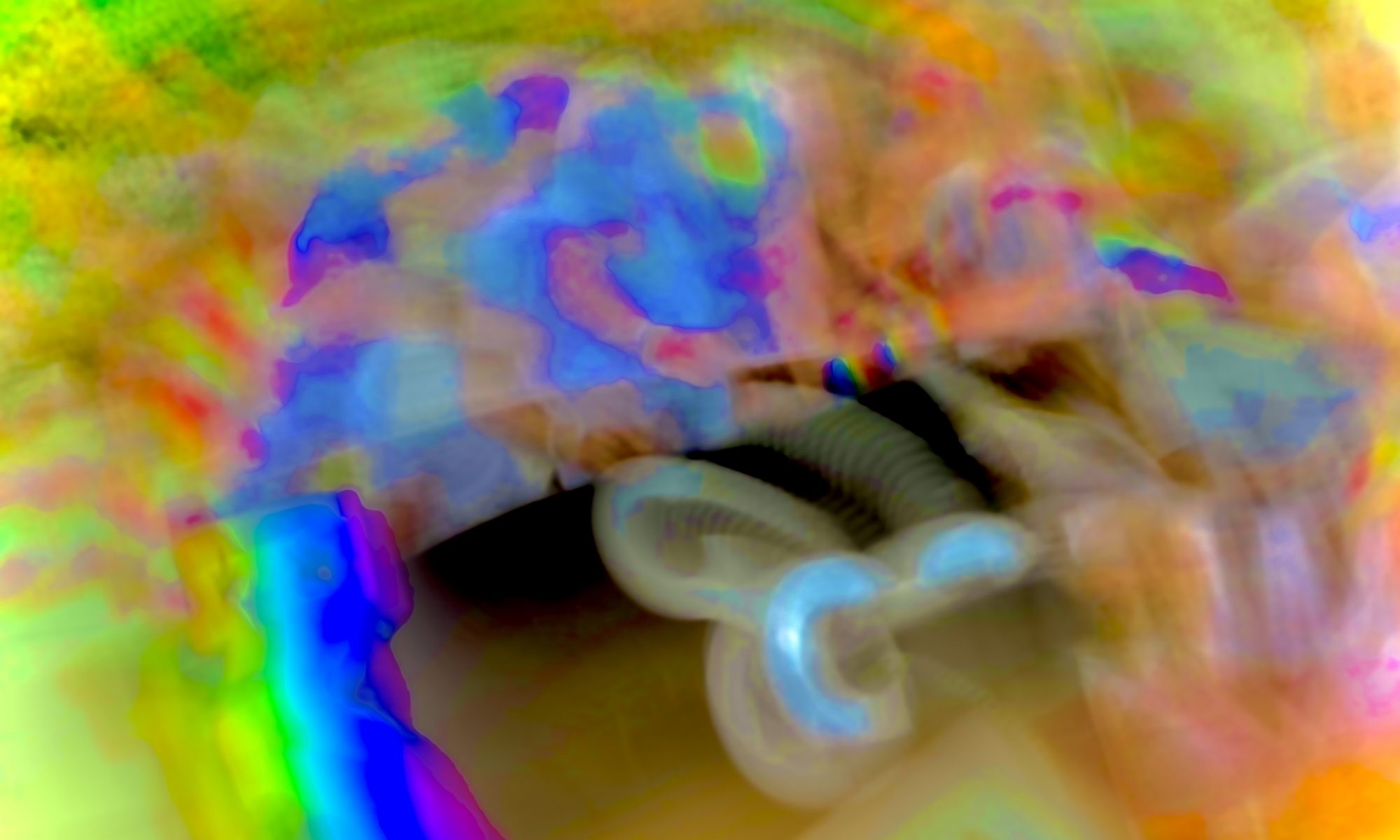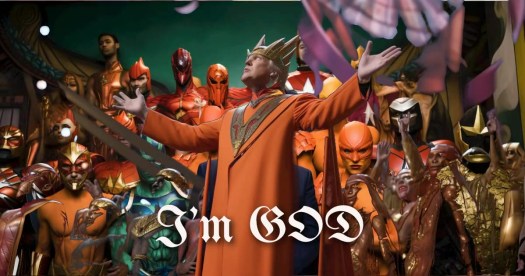On this day six years ago, my father had a heart attack. First responders revived him after 15 minutes of CPR, and then he was flown by helicopter to the Mayo Clinic. There he was put into an induced coma and body cooled to help preserve as much brain function as possible. Nobody knew if he would wake up and if he did, how much of him would wake up. But after days of touch and go, dad came back all of him except swallowing and he had developed pneumonia due to CPR, and this was expected and Mayo began aggressive treatment of it because it turns out if you aren’t breaking ribs while doing CPR, you aren’t pumping enough blood to revive the individual.
Remembering Dad
I wrote all about this in the first anniversary of dad’s death, as well as the reasons why he did not make it.
How Narcissistic Abuse Severely Thwarted my Healing Journey
In addition to dad’s death, the CEO of a small nonprofit I was working for fired me for being by dad’s side. Most probably this CEO suffering from Narcissistic Personality Disorder and she would be fired soon enough for this and a number of other things she did or failed to do during her tenure.
Adding insult to injury, my mother-in-law who is most definitely contorted and warped by Narcissistic Personality Disorder was about to launch one of her most hideous and disgusting campaigns to make herself appear as the victim so she could harvest attention and pity from her flying monkeys. This is what narcissists enablers are called by professionals who try to help family members and people abused by Narcissists heal. The fuel for her campaign of Narcissistic madness was her own children and grandchildren.
It would take me 6 years to understand what my mother-in-law was doing and why. But back in 2018 and 2019 I simply found myself in HELL.
I should not be here today. The only thing that helped me hold on during this time of pain and abandonment was the story I had started writing in 2012. I was reading dad the latest parts of the story when he died with me by his side on August 4, 2018.
Even though dad had slipped into a delirium due to the stress of life-saving procedures such as suctioning the mucous from his airways and reinserting a feeding tube he had worked out with the back of his tongue four times the previous day, he told the nurses caring for him that he was so proud of me for writing this book and that my whole life has been preparing me for it.
So in the dark days of the summer of 2019, with the help of a friend, I returned to my story and began editing the beginning to bring it up to the level of writing I had evolved into after six years of writing. My friend was then editing my edited version of book 1.
Then, Something New Began Coming Through
Not too long into this process, something new started coming through. I argued with myself… it was right around this time in 2019… for I knew writing something new would take more time.
The something new won took 6 more years to write! I finally published the book my father believed in so much on April 24, 2024.
Here is an excerpt of some of the something new that was coming through me after father died. This is from Sapience: The Moment Is Now — What Rain knows.
From the Book
"You cannot sell wisdom, nor can you buy it. You must earn it by living fully, living unself-consciously but not unconsciously. Wisdom is a group activity. Wisdom is kind. Wisdom shares its last morsel of food simply because that is what wisdom does. Wisdom knows that everything is connected, and what you do to someone else, you have done to yourself first. Wisdom is a baby crawling and giggling with its newfound mastery of getting around. Wisdom is an old man falling and laughing at his misfortunate mishap, knowing perfectly well everyone falls sometimes and it doesn’t mean a darn thing.
Wisdom knows sometimes you are going to win. Wisdom knows sometimes you are going to lose. Wisdom knows winning and losing doesn’t mean a darn thing because that is part of being alive. Wisdom knows navigating the ups and downs, the wins and losses, are much easier and mean so much more when you share it with the people who care about you and who you care about… this is love... caring and sharing, celebrating and mourning, feasting and fasting together as ever as one.
Wisdom is the joy of sharing life with the ones you love. Wisdom is the bliss of partaking equitably in the ups and downs of life. Wisdom is tolerating in another the things that annoy you most. Tolerance is a blessing, and wisdom knows this. Tolerance and wisdom are essential because life is complicated, too complicated for one insignificant human being to know everything it must to make a good decision.
A wise person knows this. A wise person knows a single individual can never consciously gather enough information to make a wise decision: so, stop trying to fool yourself and others that you can. A wise person understands action must be taken without foreknowledge of the results, but if the action is grounded in mutuality, respect, compassion, dignity, love, and a huge heaping of tolerance… mostly the results will reap good outcomes. And when they don’t, a wise person knows it is important to try again. Failure is simply the process of success.
Tolerance is an anti-gravity force to fear. Tolerance requires a person to broaden their bandwidth of consciousness rather than narrow and restrict it as fear does. Tolerance allows an individual to sit in discomfort, to sit in not knowing, to sit in the darkness of what is not clear yet and to wait for understanding of what is right action.
Timing is everything when it comes to action. Right action done too soon quickly turns into wrong action. Right action done too late will also not produce desired results. Action done outside of its proper time or beyond what is necessary to complete a task is easily twisted and corrupted by thinking that tries to justify it. Such action grows fat with inaccurate, incorrect, false, untrue, and mistaken attributions ladled onto it to get people to act. This sort of propped up action becomes more and more improper and unsuitable for the circumstances.
Such artificial action awakens the most wicked and sinful parts of a person, because acting outside and beyond the bounds of right action requires an angry mind, a brash, conservative, intolerant, mean, merciless, unfriendly, unsympathetic, biased, disapproving, narrow-minded, and prejudiced mind. People acting in this manner are cruel, brutal, savage, bloodthirsty, vicious people driven by narrower and narrower justifications loaded with fantastical and fraudulent fancies.
Wisdom knows this and knows tolerance is the only way to slow down enough to sense and see what is really going on inside and outside of one’s own mind and body. Only by sensing and seeing more of what is actually going on in the present moment can a person produce right action at the right time.
Right action does not inflict harm unto oneself or another without a really good reason why violence is required. Isaac Asimov got it right when his character, Salvor Hardin, says: “Violence is the last refuge of the incompetent.” This is true because it is so easy to lose wisdom when one is racing inside their mind, thought after thought conceived by lies, half-truths, or half-baked ideas and silly beliefs.
A person acting in such a way utilizes the narrowest bandwidth of consciousness possible yet still able to remain conscious. Any narrower, and the person would fall into a dumb, zombie-like stupor. Wisdom knows this. Wisdom knows thinking is a result of the constriction of consciousness due to fear. Wisdom knows thinking trumped up with false facts and fantastical beliefs is going to make a lot of mistakes due to its failure to grasp reality. So, like any good toddler, a person who thinks all the time and falls out of phase with right action will make more and more mistakes and will act in more and more rageful ways trying to cover up and hide all their blunders, miscalculations, gaffes, and ignorance." -- Pages 128-128
Note: the link to Sapience is supposed to be a universal link that will open to the book in whatever browser and language from which you operate; however, it has not seemed to be working, so you can also search by the ASIN: B0D2LM5B6K.






































